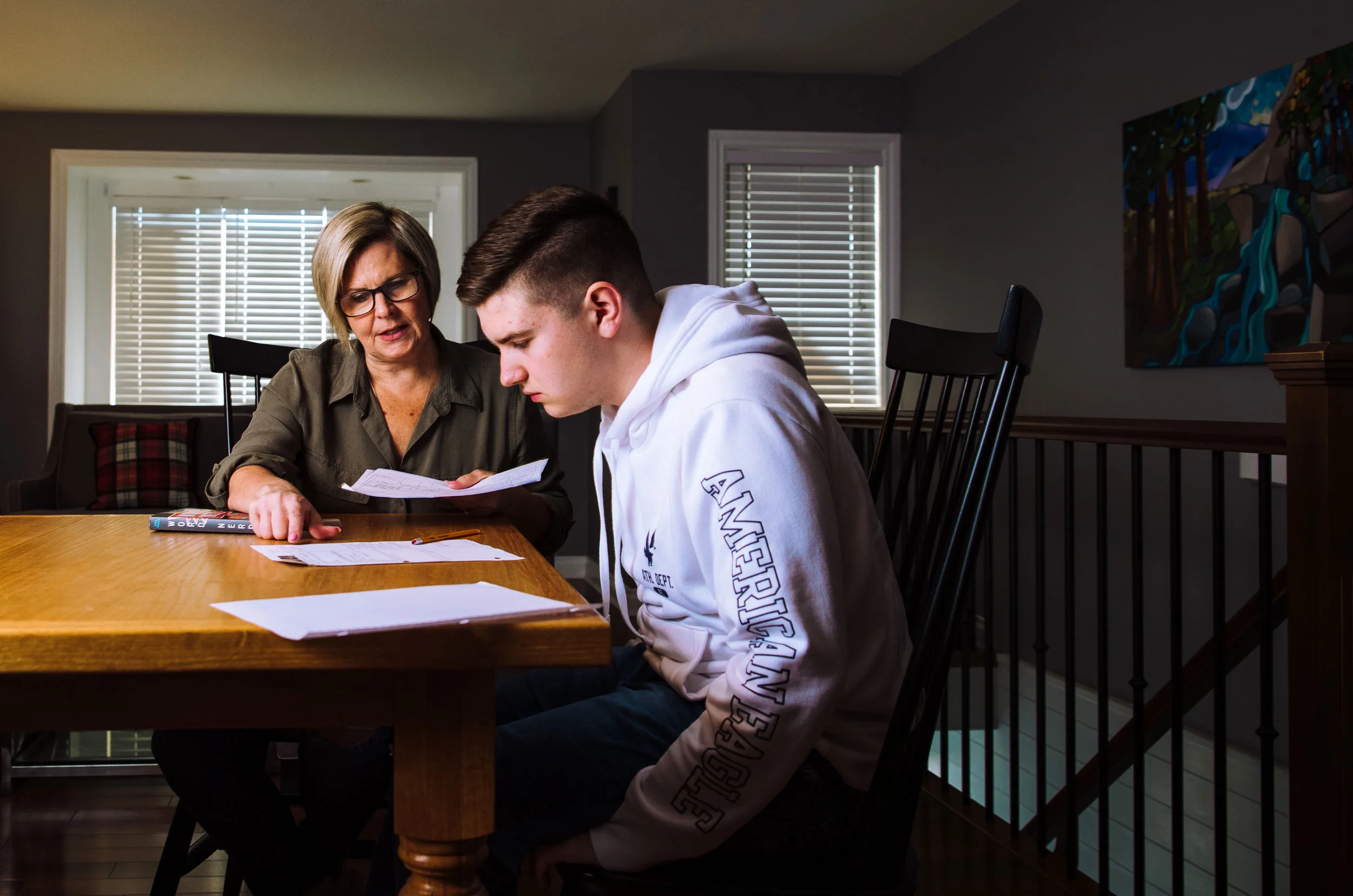
Transitioning from high school to post-secondary education can be daunting, especially for students with disabilities. Many students wonder what to expect and how to navigate this new chapter. I spoke with Fiona Whittington-Walsh, an expert in disability, accessibility, and inclusion at Kwantlen Polytechnic University (KPU). Her insights and advice shed light on the many barriers students with disabilities experience in post-secondary education and how KPU has created a pathway around them.
Fiona began her teaching career in 2002 and is now the lead advisor on disability, accessibility, and inclusion at KPU. She leads the Including All Citizens Pathway (IACP), a fully inclusive credit program that includes students with intellectual disabilities. Fiona ensures all students can access academic programs without requiring special adaptations or modifications.
Fiona is aware of the challenges preventing many students from accessing post-secondary education. However, she believes that providing fully inclusive academic courses for credit benefits all students. Fiona and her team continually work to remove the many barriers students with disabilities experience. For example, the Including All Citizens Pathway offers a unique access point to the university, bypassing the usual prerequisite requirements in other courses.
Fiona emphasizes that creating an inclusive environment requires a shift in how instructors approach teaching. Students without dogwood certificates from high school do not usually have the requirements to get into university academic courses for credit. In creating IACP, Fiona has created a pathway into academic courses for students who still need the official requirements. She mentors faculty with inclusive education and offers students a supported learning environment. This benefits all students, not just students with disabilities.
She recalls a student who struggled with course registration due to a confusing system but found the classroom environment welcoming and supportive. This experience highlighted that inclusive classrooms can foster positive interactions among all students. One common misconception is that making accommodations for students with disabilities means “dumbing down” the curriculum. Fiona strongly disproves this idea: “That’s not what we do. It’s not about changing the curriculum. It’s about ensuring students have the support they need to succeed.”
She points out that one of the major hurdles is transitioning from a supportive high school environment to the more independent nature of post-secondary education. Many students with disabilities have had extensive support systems in place, and learning to navigate post-secondary education without that same level of assistance can be challenging.
Fiona offers several valuable tips for students entering university:
- Know Your Rights: Understand your rights as a student and the support services available.
- Connect with the Student Union: Familiarize yourself with the student union, which is the organization at the university that helps represent and support students and discuss any support you need, such as extra time on exams or assignments.
- Communicate with Professors: Contact your new professors about their teaching styles and specific classroom expectations, such as group work or presentations.
- Formal Accommodations: For specific needs, such as sign language interpreters, follow the formal process for accommodations. Services like these often require proof of disability and may involve filling out Appendix 8, a document to verify your disability and access available grants. These grants can help cover tuition and additional expenses without needing to be repaid.
Transitioning to post-secondary education is a significant change, but with the proper support and preparation, it can be a positive and rewarding experience. Fiona Whittington-Walsh’s work at KPU highlights the importance of inclusivity and the need for a systemic approach to education. By embracing these principles, students and educators can help make higher education accessible and welcoming for everyone.
Inclusion BC is a community of people who write collaboratively. We recognize the contribution of all team members for their wisdom and input.


